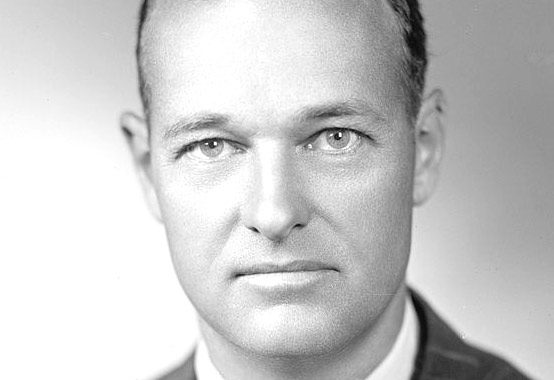Listen to Kennan and End the War in Afghanistan

Van Jackson comments on the comparisons being made between the wars in Vietnam and Afghanistan, especially in this article by George Herring. Jackson notes that ending U.S. involvement in these unwinnable wars has a long-term benefit (quote starts at around 29:00):
Most allies were glad we got out [of Vietnam]. We cut bait from a strategic loss. So [the allies think] they’re not irrational after all. There’s a huge upside longer term to making consistently strategic moves. Getting out of a losing war is consistently strategic [bold mine-DL]. There are people on Twitter and neocons who say, literally, when this Foreign Affairs article came out, “You know if we stayed in Vietnam a little longer, we would have turned the…corner.” Are you out of your cotton-picking mind?…Also, Afghanistan is less important than Washington thinks. Yes, the Taliban was there, is there, and yeah it was a base for Al Qaeda, but everywhere can be a base for Al Qaeda. It doesn’t mean you put troops there.
The comparison with Vietnam is instructive in a few ways. First, it was the longest U.S. war prior to the war in Afghanistan, and like the vast majority of the war in Afghanistan it had nothing to do with U.S. security. Both wars were/are unwinnable, because in the end the local forces opposed to the U.S. will always be able to outlast our commitment to propping up a client government. Neither war was worth the cost. In both cases, politicians and policymakers inflated the importance of these conflicts in order to justify prolonged involvement, but when Vietnam ended it became clear very quickly how little the war actually mattered to larger U.S. policy goals. Once our war in Afghanistan is over, we will all soon realize how unnecessary it was to keep fighting there for almost two decades.
Jackson’s comment about the upside that comes from ending a losing war reminded me of the famous quote from George Kennan, who testified before the Senate Foreign Relations Committee in 1966 to express his opposition to the war in Vietnam and said this:
There is more respect to be won in the opinion of this world by a resolute and courageous liquidation of unsound positions than by the most stubborn pursuit of extravagant or unpromising objectives.
If there is one sentence that U.S. politicians and policymakers should sear into their brains when thinking about U.S. involvement in foreign wars, it is this one. Kennan’s statement was all the more powerful because he had been the intellectual architect of the containment doctrine that the war was supposedly being fought to uphold. Kennan never believed that containment should apply to conflicts like the one in Vietnam, and he recognized it as the folly it was from the start. He was saying this in the earliest years of the war, but unfortunately his recommendation went unheeded until after tens of thousands of Americans and millions of Vietnamese lost their lives. Whenever hawks start screeching about the danger of losing credibility, Kennan’s words serve as an effective rebuke. The U.S. position in Afghanistan is an unsound one, and it has been for a long time. It does no one any favors to keep pretending otherwise, and the U.S. cannot conclude our part in the war there until we recognize this.
Continuing to pursue “extravagant or unpromising objectives” is neither wise nor strong. It is simple pigheadedness that allows the U.S. to waste lives and resources on a futile effort that will eventually be ended on even worse terms than it could be ended now. An essential part of statecraft is having the courage to admit when a policy has failed and to correct course as swiftly as prudence allows, and that also means admitting that we promised results that we were incapable of delivering.
Comments